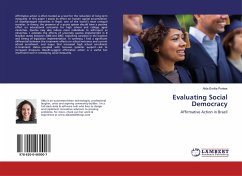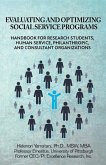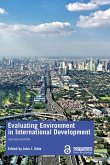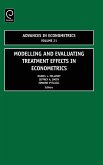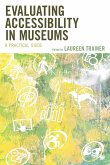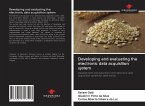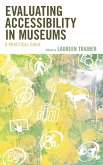Affirmative action is often touted as a tool for the reduction of long-term inequality. In this paper I assess its effect on human capital accumulation of disadvantaged minorities in Brazil, one of the world's most unequal societies. In theory, the presence of a quota system should have a positive effect on educational outcomes for high school and college aged minorities. Quotas may also induce more individuals to self-report as minorities. I estimate the effects of university quotas implemented in 8 Brazilian states between 2000 and 2007, exploiting variation in the location and timing of legislation implementation. In summary, I find a significant differential between the treatment effects on school entrance and current school enrollment, and argue that increased high school enrollment in treatment states-coupled with tenuous systemic support-led to increased dropouts. Results suggest affirmative action is a useful but insufficient tool in remedying social inequality.
Bitte wählen Sie Ihr Anliegen aus.
Rechnungen
Retourenschein anfordern
Bestellstatus
Storno

